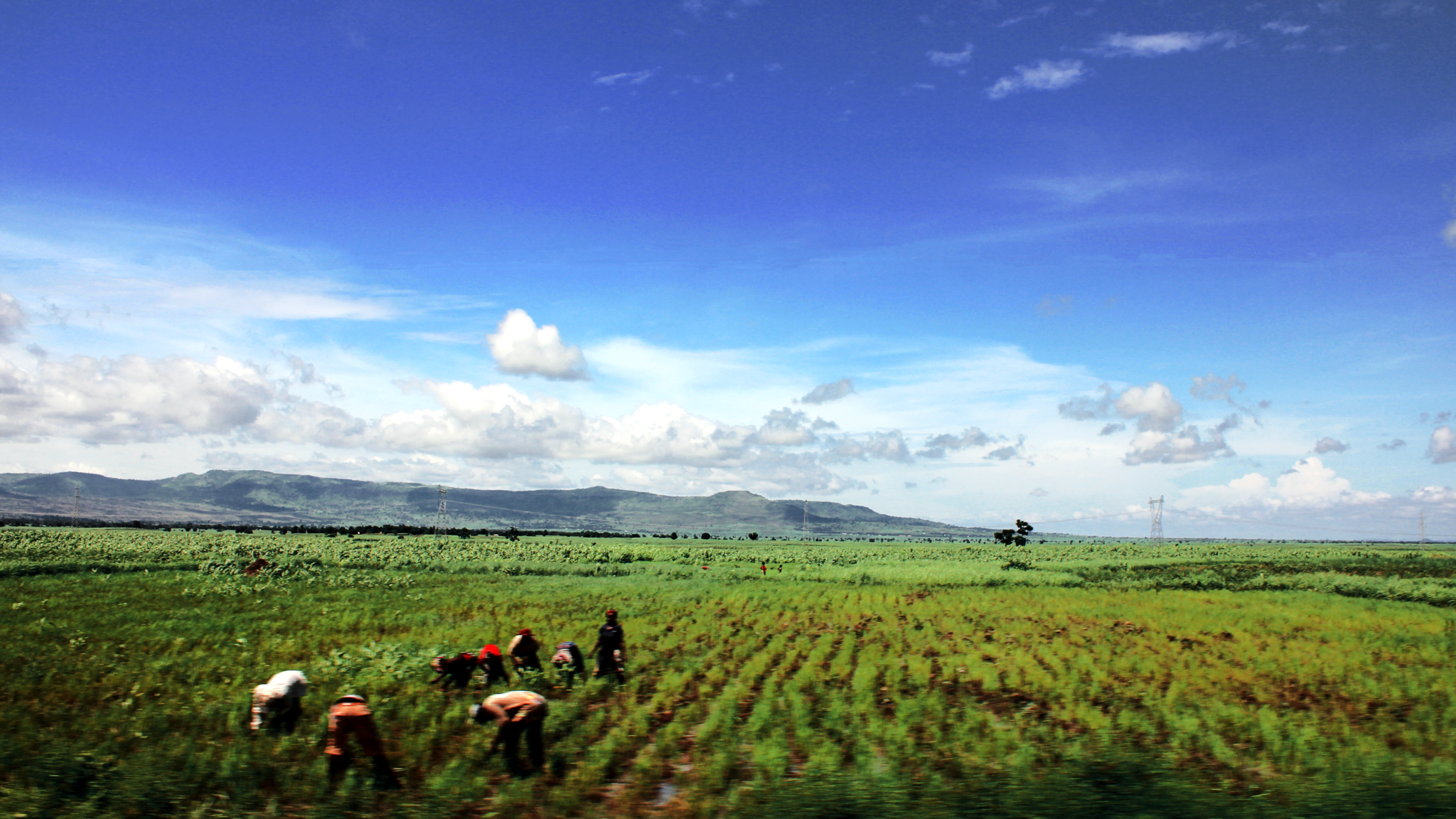How Do Nigeria’s Christians Feel About Western Media’s ‘Climate Change’ Explanation?

President Trump’s recent move to designate Nigeria a “Country of Particular Concern” for violating religious freedom has led to widespread debate over the reasons why so many Nigerian Christian communities have faced violent attacks.
One of the most common reasons given is “climate change.” This reason — especially popular among Western media outlets — is often used to portray the violent attacks in Nigeria as being a conflict over natural resources instead of having a religious motivation.
Justice G Danjuma, an evangelist for the Remnant Christian Network in Nigeria’s Taraba State, agrees that disputes over resources play an issue — just not nearly as big an issue as many Western reports would have you believe. In his view, the motivation for attacks is about 70 to 80 percent based on religious hatred and 20 to 30 percent based on natural resource disputes.
Danjuma said the attacks in his region are “overwhelmingly driven by religious animosity.” He added that the majority of Nigerian Christians “reject the climate change narrative pushed by Western media,” and many regard this narrative as “deeply offensive and misleading.”
Survivors of attacks struggle to understand how climate change would cause people to “burn churches, kill pastors, and massacre worshipers during Christmas or Palm Sunday services,” said Danjuma.
But many Western venues cover the attacks in a way that completely ignores the factor of religious hostility and instead puts natural resource disputes (exacerbated by climate change) at the forefront.
One salient example is this UN Refugee Agency article, “Climate change fuels deadly conflict in Nigeria’s Middle Belt,” which gives no mention of religion, let alone Islamic extremism. It’s as if the force of the ‘climate change’ itself caused not only the land-grabbing and arson but also the mass murder and gang rape.
“Most Nigerian Christians feel that the ‘climate change’ explanation for the violent attacks in their region is oversimplified and dismissive of the real issue — persecution of Christians,” said Enweonwu O. Anthony, a researcher affiliated with the University of Nigeria, Enugu Campus. “They believe that the attacks are motivated by a desire to target Christians and that the government is not doing enough to protect them,” he added.
Whether you believe climate change is caused by human behavior or is just part of a naturally occurring process, surely Nigeria is not the only nation facing its effects. So why does ‘climate change’ cause such sadistic acts of violence in this country?
Anthony said most Nigerian Christians feel the ‘climate change’ narrative “downplays the severity of the persecution and ignores the experiences of Christian victims.”
Some media venues will briefly mention Islam and Christianity, but then they conveniently tend to forget that the ongoing perpetrators belong to just one of those religions.
Right after the June 2025 massacres that killed almost 200 Christians in Nigeria’s Benue state, the BBC ran an article on violence in central Nigeria that said, “It is safe to assume that there are lots of victims on both sides, as any attack usually leads to revenge and then a cycle of violence.”
Why is that ‘safe to assume’?
Such a statement implies that Muslims and Christians are equal participants in Nigeria’s violence. It’s worth having a look online for yourself to see if that is the case. Over the last two decades in Nigeria, do Christians attack Muslims even 10 percent as often as Muslims attack groups of Christians? Do Christian-led attacks occur even 1 percent as often?
Immediately following a Christmas Eve 2023 massacre that killed over 140 people in Nigeria’s Plateau state, the Vatican News ran an article with an intro paragraph that mentioned “the long-running conflict between nomadic herders and farmers.”
This Vatican News intro quickly buried the religious motivation, as well as any secular media outlet. Such was the “coverage” that the center of the Catholic Church gave to a Christmas Eve massacre.
Even the European Parliament, which is a legislative branch of the EU, did a better job of acknowledging the religious motivation of such violence when it released a document that mentioned both “militant Islamist groups” and also stated that the parliament “strongly condemns the acts of violence over Christmas targeting Christians and other communities.”
More dangerous yet than a media ignoring motives behind violence would be a federal government that facilitates it. Danjuma related that many Nigerian Christians suspect their country’s own security forces of complicity in the attacks. One reason is that these security forces tend to enforce strict gun laws on Christians but fail to enforce them on Islamic Fulani militants.
The result is that “Christians are heavily outgunned,” said Danjuma, adding that “attackers use AK-47s and sometimes wear military uniforms.” He feels that, unless there is some form of international intervention, “defense remains almost impossible.”
Danjuma said that Christian communities in his region “cry out for international help … to stop the killings and protect the vulnerable.”
To read more news stories, visit the ICC Newsroom. For interviews, please email [email protected]. To support ICC’s work around the world, please give to our Where Most Needed Fund.
